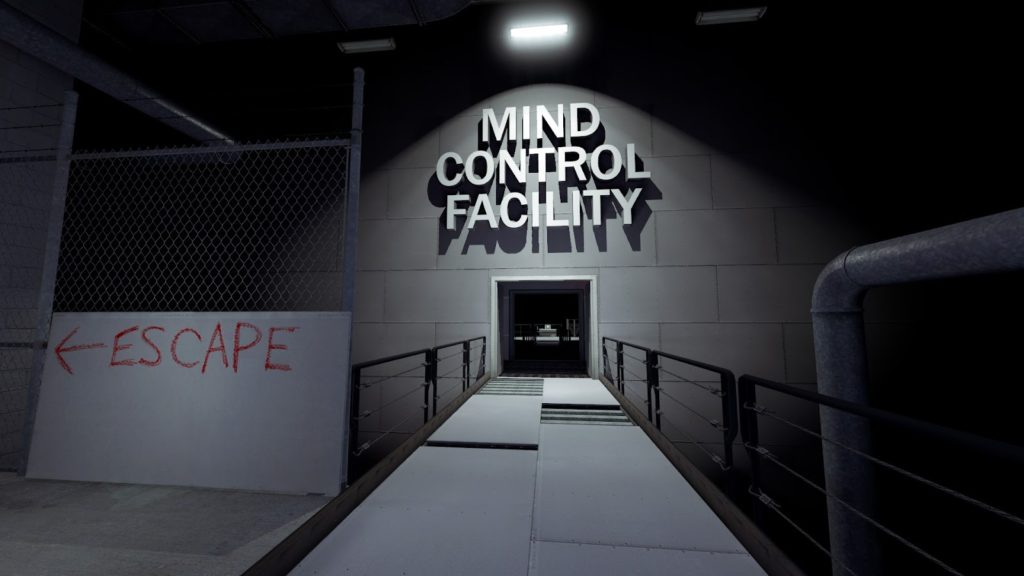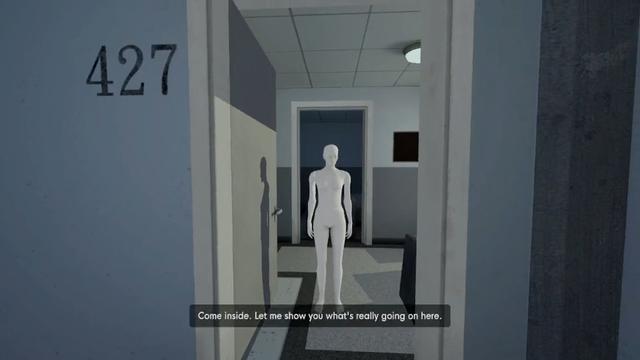When I first watched The Stanley Parable around the time it came out, I remember finding it so interesting. I watched multiple playthroughs, and being younger, didn’t really take in all the potential meanings of the game. As a kid, I found it to be rather comedic, and in a way I still do today. But getting to play it now as a young adult allowed me to love the game all over again and really ponder the lessons of the game. Although a bit obvious, I found it very interesting how this game questions the concept of choice.

What even is choice? How much agency do we as people have? These are questions that The Stanley Parable explore. The inception behind you playing Stanley who is listening to a narrator make choice fascinated me, as I wondered, “Who is making the choice here? Is it me, Stanley, or the narrator?” Although the narrator gives direction, was it his choice to give that direction? Did he simply follow an order or deny and tell Stanley to do the opposite of what is needed? Does Stanley actually have a choice in any of these matters? Stanley is simply a character; are we just controlling him and making his choices?

The questioning of choice goes even further when you really examine the mechanics of the game. Why is that you get the “Freedom Ending” by listening to all of the narrators directions? Wasn’t the narrator’s point that Stanley is confined to rules and spends his day following the orders of a computer? So why is it that simply listening to someone else is his answer? The ending holds no agency of Stanley’s own, and only barely holds our agency, as we made the choice to listen to the narrator. It never made sense to me that this was Stanley’s supposed answer. The narrator says that this is Stanley’s world, but is it? If it truly is Stanley’s world, then it truly reflects on Stanley’s own lack of agency. However, I believe that Stanley’s agency was stripped of him in a sense.

There’s truly so much you question about this game and what message it was trying to convey. I was so excited when I saw this game in the syllabus. I really enjoyed our discussion in class today about it as well and just knew I had to write about it for this week. These are more half baked thoughts with simply no answers, and I’d love to hear other people’s experiences with the game as well.


I found this evaluation of The Stanley Parable interesting in consideration with the other game from this week, There Is No Game, especially on the topic of making choices. Throughout the game, you’re given completely mixed signals on what instructions to fulfill, which introduces a new element of gameplay in which the player has to think counteropposite to the tutorial. I think this juxtaposition is unique in a gaming sphere in which mechanics and controls are handfed to the player, and it forces them to make their own choices and evaluate the consequences. For example, in There is No Game, if you chose the wrong language setting from the beginning following the instructions, you are left with confusing and frustration.
I agree, this game really inspires many questions. I personally would add that the elimination of choice is very specific to the game setting. That is, free will and choice are restrained because all pathways in a game has already been programed by the developers. The idea is nothing will come as a surprise to the developers because they have programed it, and the players who think that they are freely playing the game are in fact roaming in a phenomenal world of pre-destined codes (except for maybe the initial bug in the first room of the Mind Control Facility, where early players bragged about finding breach in the “omnipotent” narrative of the game after jumping accidentally to the bottom of the room, which then in the sequel became its own ending). Because of this, I think the game is more of a critique on game form, if that can answer some of your questions.